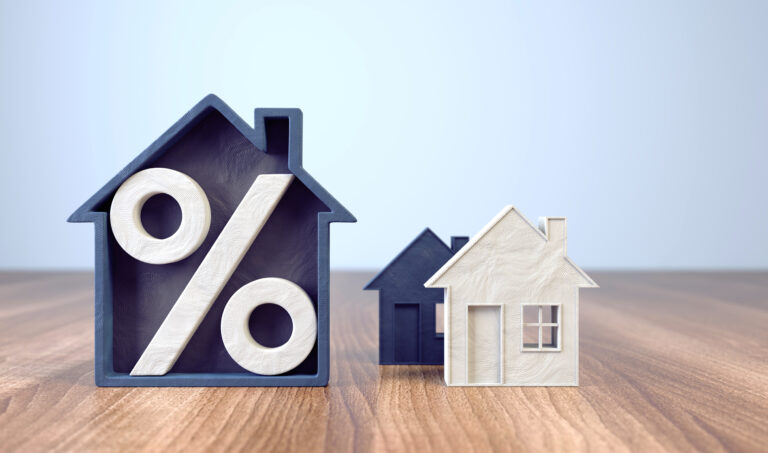
More Rate Cuts In The Near Future?
The Bank of Canada (BoC) implemented its third consecutive interest rate cut on Wednesday, as it aims to strike a balance between controlling inflation
We compare mortgage rates from top lenders so you get the best rate available. Check out the current rate offerings for fixed and variable term mortgages.
If you see a lower advertised rate, ask us about it! With our large network of Canadian lenders, chances are we can offer that rate or lower.
Disclaimer
¹ The lender offers personal lending products and residential mortgages and is subject to those lending criteria, terms and conditions. Offers may be changed, withdrawn or extended at any time without notice. Interest rates are provided for information purposes only.
² Bank of Canada’s published rate values. OSFI’s guideline B-20 sets the minimum qualifying rate for mortgages. It is the greater of the contractual mortgage rate plus two percent or the five-year benchmark rate published by the Bank of Canada.
The Bank of Canada’s Prime Rate influences variable and adjustable interest rates. The Prime Rate is reviewed eight times per calendar year, at which point the bank may choose to lower, raise, or keep the pace the same.
Variable Rate Mortgages (VRM) and Adjustable Rate Mortgages (ARM) are often used interchangeably. These rates are typically based on the Bank of Canada’s prime rate but how they are applied differ.
Here is the difference:
Adjustable Mortgage Rate:
An adjustable mortgage rate, also known as an (ARM), is a mortgage interest rate that can change over the term. The interest rate can increase or decrease based on changes in the prime rate, affecting your mortgage payment. This means your monthly mortgage payment can increase or decrease depending on the fluctuations in interest.
(ARM, changes impact the mortgage payment directly).
Variable Mortgage Rate:
A variable mortgage rate, also known as a (VRM), is a mortgage interest rate that can change over the term based on changes in the prime rate, affecting your mortgage amortization. This means your mortgage amortization, the total length to which your mortgage is paid, can increase or decrease depending n the fluctuation in interest.
(VRM, changes impact the amortization).
These rates have many benefits over a Fixed Interest Rate, particularly the Adjustable Mortgage Rate.
A fixed-rate mortgage is where the interest rate remains the same throughout the term of the loan. Your mortgage payment will be fixed and will not change over the loan term.

The Bank of Canada (BoC) implemented its third consecutive interest rate cut on Wednesday, as it aims to strike a balance between controlling inflation

People hoping for more interest rate cuts from the Bank of Canada have been getting some good news.

In 2024, approximately 2.2 million mortgages in Canada are up for mortgage renewal, representing over 45% of all outstanding mortgages, as per data from